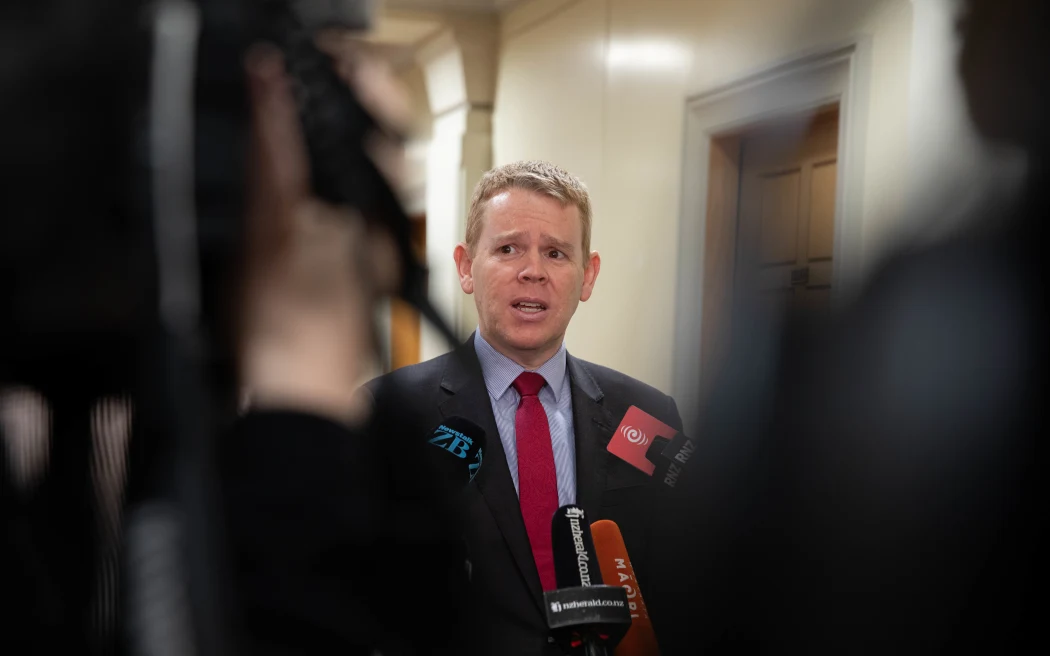By rnz.co.nz and is republished with permission
Labour leader Chris Hipkins says now is not the time for tax cuts that will not bring much benefit to households.

New tax thresholds will come into effect on Wednesday, the government saying they will increase the take-home pay of 83 percent of New Zealanders and 94 percent of households.
The cuts are estimated to cost $3.7 billion a year, and have been funded by savings and revenue initiatives, including cuts to public services. It is the first adjustment to tax brackets in 14 years.
Hipkins told Morning Report he questioned the timing.
“For most households, any benefit they get from the tax cuts they’re going to find, actually, it disappears because other costs going up. So by the government cancelling affordable water reform, they’re sending rates bills through the roof. Insurance costs are going up. The cost of transport is going up.”
Hipkins said government revenue was trending downwards, meaning tax cuts were not sustainable.
“It’s a question of when you do tax cuts and at the moment, doing tax cuts when the government revenue is already going down and you’re funding that by borrowing more money and by cutting spending on areas that desperately need it, that’s not a sustainable way of delivering tax cuts.”
Personal income tax thresholds will rise from $14,000 to $15,600 (10.5 percent); from $48,000 to $53,500 (17.5 percent); and from $70,000 to $78,100 (30 percent). Income earned over $180,001 will remain at 39 percent for now.
Finance Minister Nicola Willis said “727,000 households will benefit by at least $75 a fortnight, and 187,000 will benefit by at least $100 a fortnight”.
“On average, households will benefit by $60 a fortnight, and households with children by $78 a fortnight.”
Independent analysis has found thousands of families will be worse off under the changes, and the top 40 percent of earners will get nearly two-thirds of the money.
More than 6000 public servants have been dismissed, and the government has raised the cost of staples like prescriptions and public transport by removing subsidies introduced by the previous government.
“Across the board, you see examples of where the government aren’t funding the services New Zealanders rely on adequately, and the result is that New Zealanders will pay more or get worse service,” Hipkins said.
Willis said not only were there tax cuts, but also “the new FamilyBoost payment, which reimburses families for a portion of their early childhood education fees, up to $150 a fortnight, was launched on 1 July”.
“Families with children in ECE can find out if they are eligible at IRD.govt.nz.
“I encourage everyone who hasn’t already done so – and over 560,000 people already have – to go to budget.govt.nz/taxcalculator to find out how much tax relief they will get, based on their personal and family circumstances.”
Elsewhere in the interview on Morning Report, Hipkins discussed the crisis in health and changes to how councils can establish and disestablish Māori wards.







